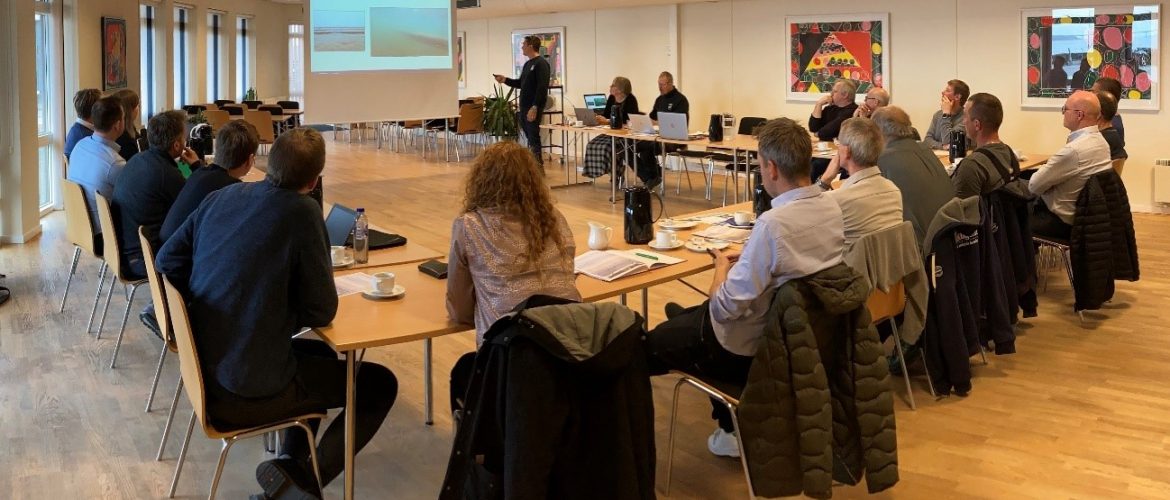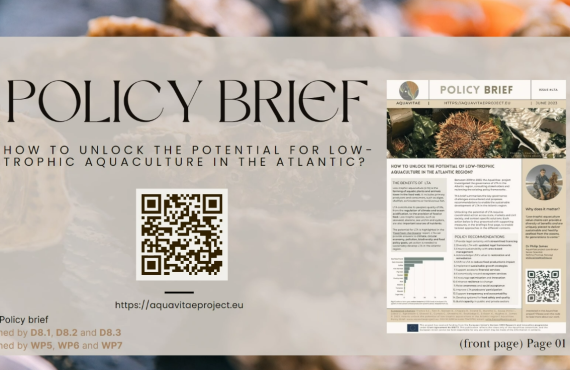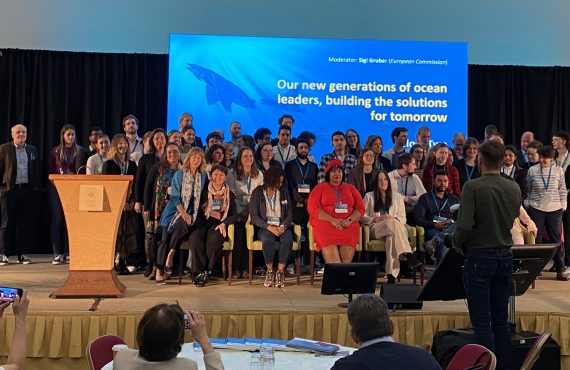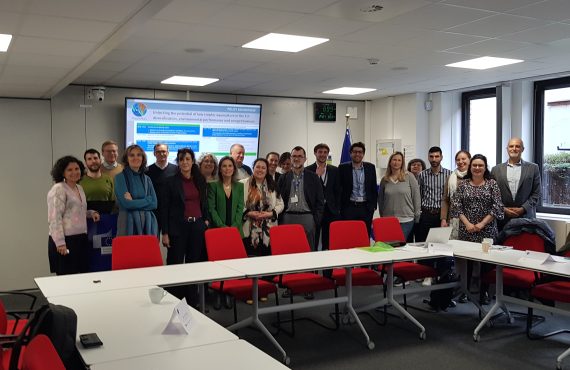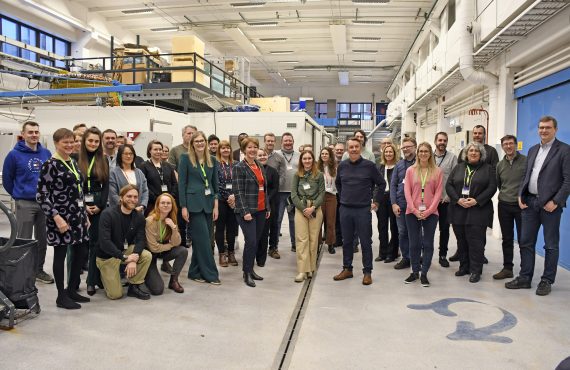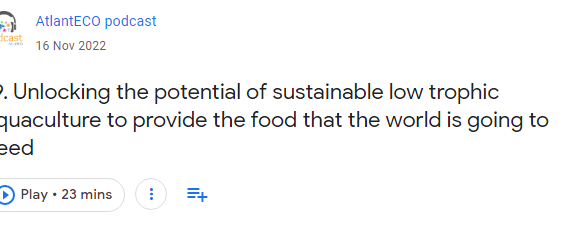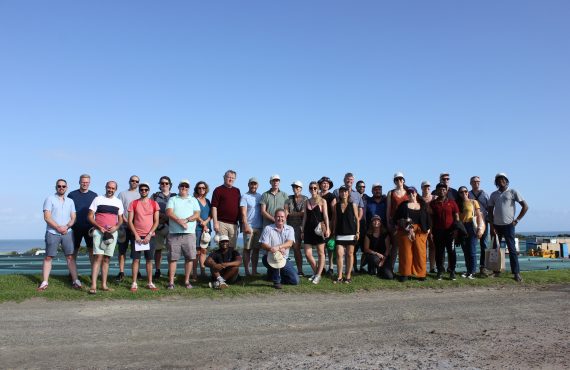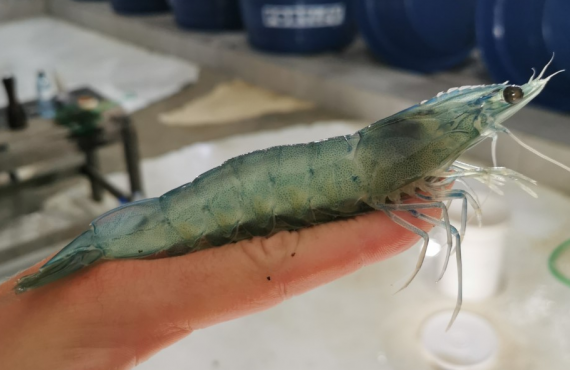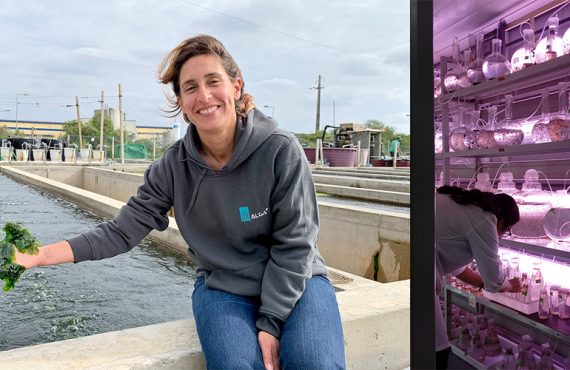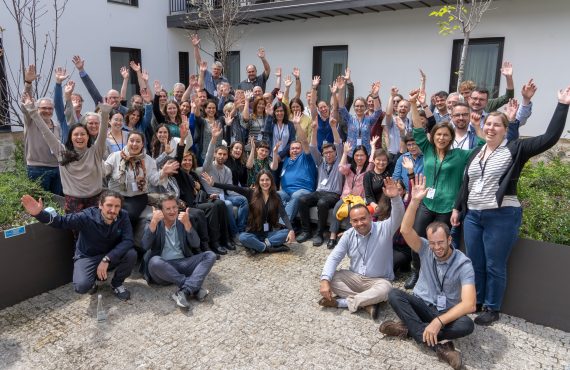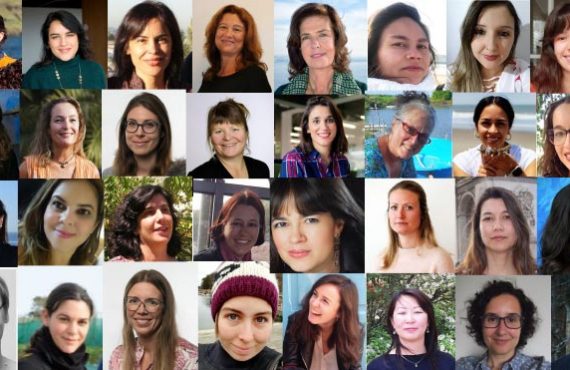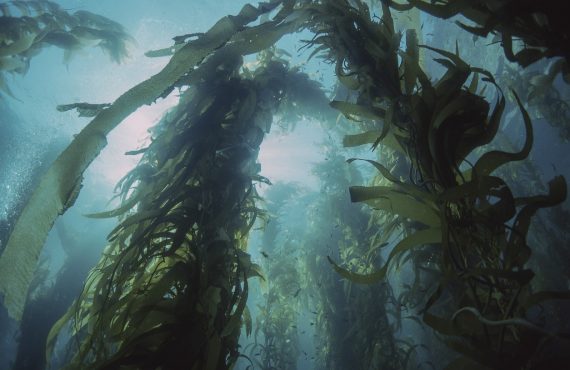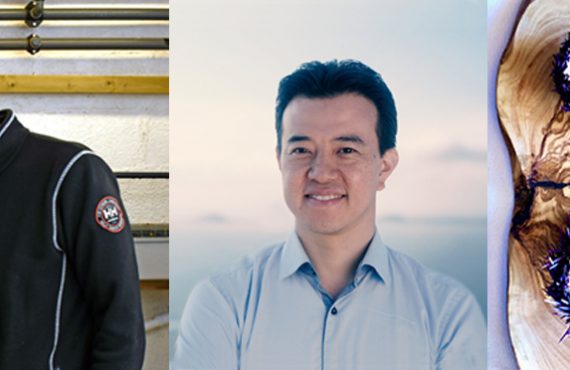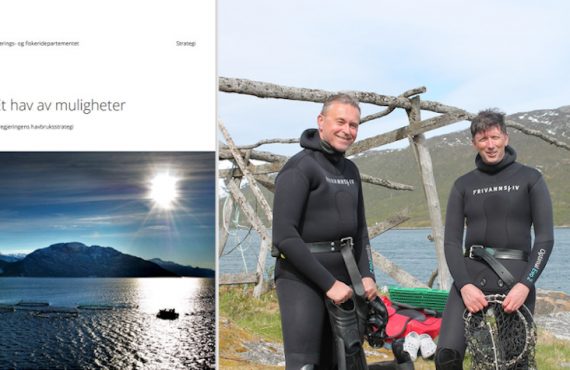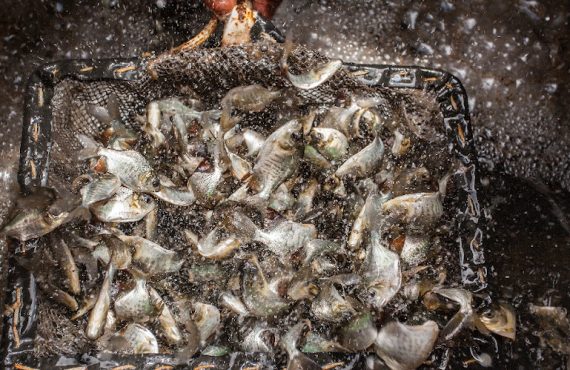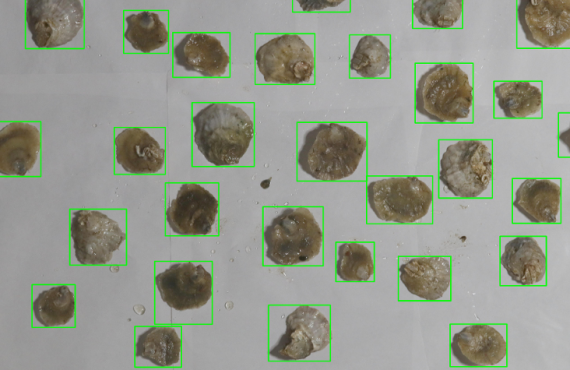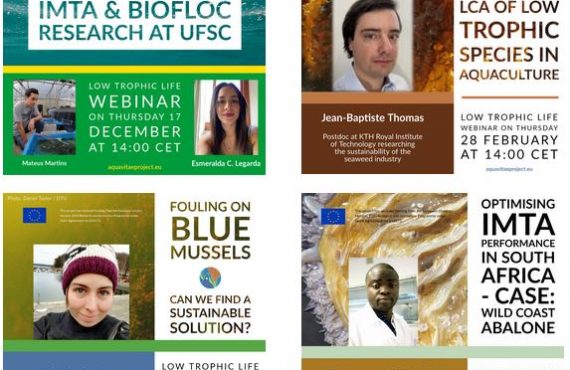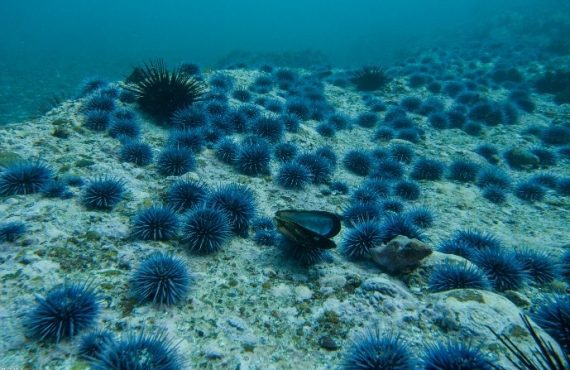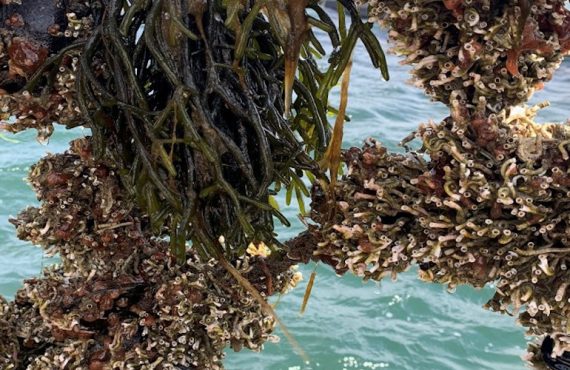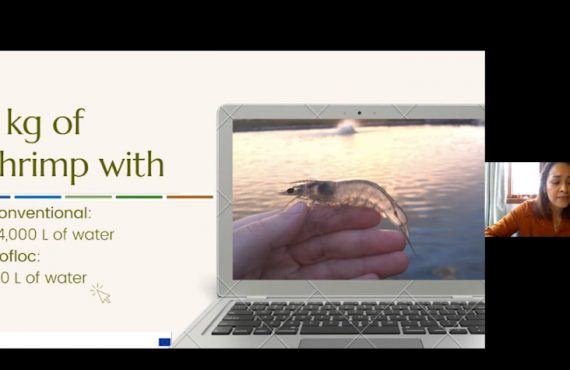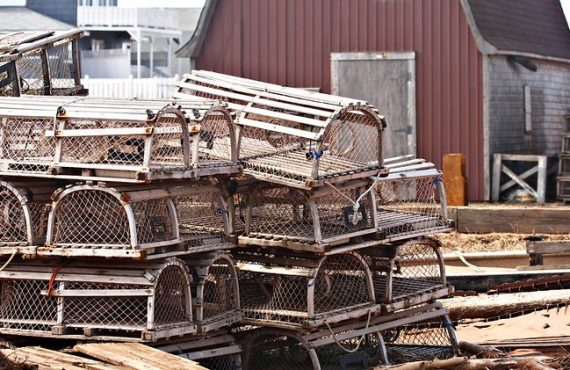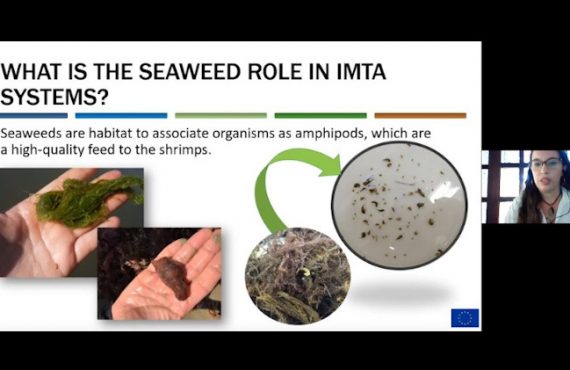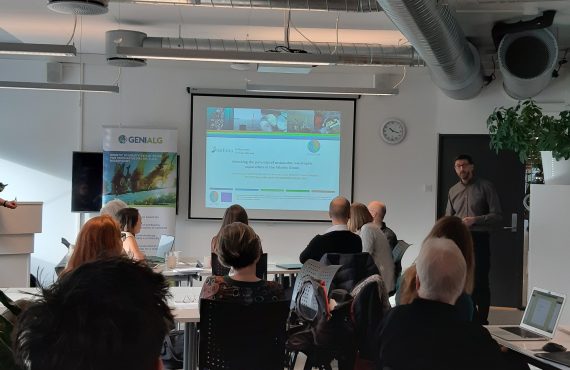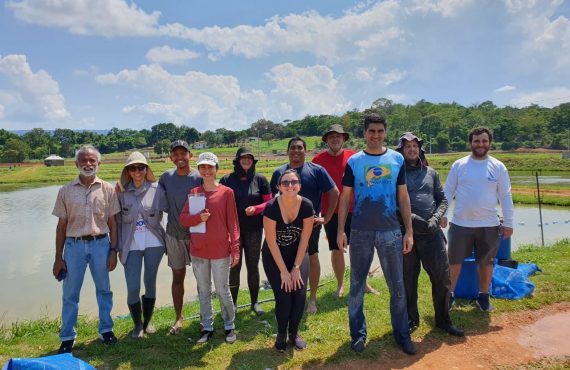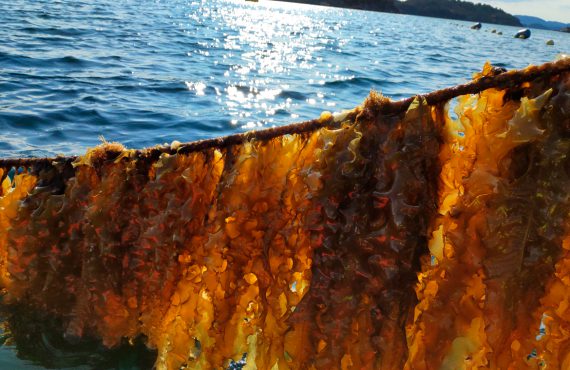Blue mussel farmers, industry and NGOs joined DTU in a discussion on blue mussel production in Denmark on 26 October – Photos: DTU
More than 15 stakeholders representing blue mussel farmers, industry, mangers and NGOS participated in the last AquaVitae case study meeting led by DTU and focused on aquaculture production in high–energy areas, as offshore areas. Topics discussed included new production methods adapted to the harsh local conditions, biological challenges, as ensuring a stable supply of mussel seed, and challenges linked to an increased production in the area.
Methods, systems and materials
New production methods presented included a submerged tube system developed in AquaVitae and a raft with a new concrete-type material (Formex©), developed by the project OpenMode and tested by AquaVitae. Both methods allow to submerge the devices and mitigate the impact of environmental conditions on mussel growth, for example ice.
“The case study meeting was very dynamic with good discussions and the participants gave very constructive feedback to the different topics, so I think it was a huge success” says case study leader Pernille Nielsen from DTU. Several of the participants said it had been a good opportunity to meet all together to discuss and have an open dialog between the participants. “We will do a follow-up survey, where we ask the participant to give their input to new research perspectives, which hopefully will bring the opportunity to continue the good work and dialog going”, adds Pernille Nielsen.
At the hatchery, a low-tech system for production of blue mussel seed was proposed. Based on a protocol developed by AquaVitae Irish partners, DTU adapted the steps to the infrastructure of a low-tech hatchery, hence increasing the possibilities to be transferred to the productive sector.
Major challenges
Main biological challenges for mussel production in Denmark are linked to climate change, biosecurity and biofouling. The expected temperature increase would result in lower production figures by the end of the century. Another challenge are the massive episodes of mortality in farmed mussels occurring some years but also biosecurity issues is expected to increase and challenging both suspended and on-bottom mussel culture. More research is needed on some topics to clarify their impact on production, in particular on the behaviour of mussel larvae and predation by starfish.
Fouling, any species that latch on the mussels or the gear, reduces the commercial value of mussels. AquaVitae partner and mussel farmer BoHus Havsbruk has carried out an experiment on prevention of fouling. A heating treatment between 45?C and 55 ?C for 20-45 seconds allows to eliminate the fouling organisms while keeping the mussel alive.
Challenges linked to an increased production in the area are linked to permits application and new regulations. Social media and traditional media in Denmark are increasingly publishing negative content on the sector mainly focused on beach pollution, visual pollution, or space utilisation.
AquaVitae (2019-2023) is a Horizon 2020 project with 35 partners around the Atlantic basin working on new aquaculture species, processes and products. Thirteen case studies cover work on macroalgae, echinoderms, shellfish, finfish, cross-cutting issues and Integrated Multi-trophic Aquaculture (IMTA).
A deeper insight:
– Learn more on this case study through its digital practice abstract.
– Learn more on fouling and how to mitigate its impact on this webinar.



